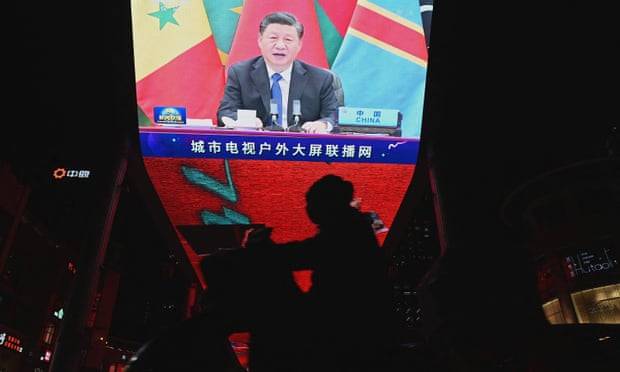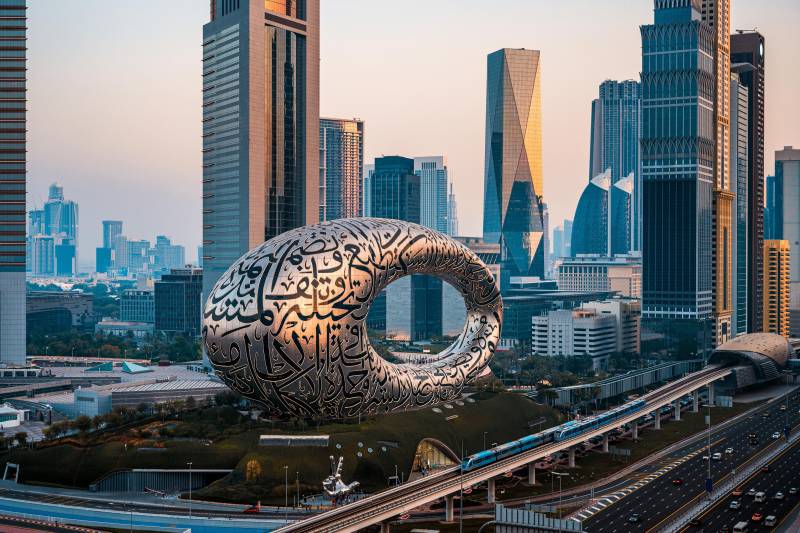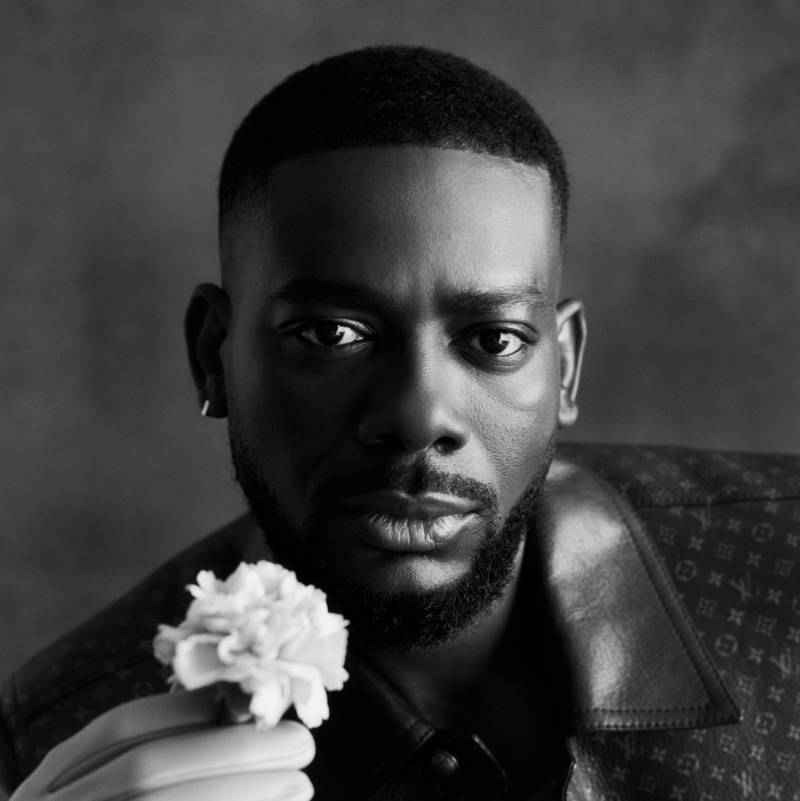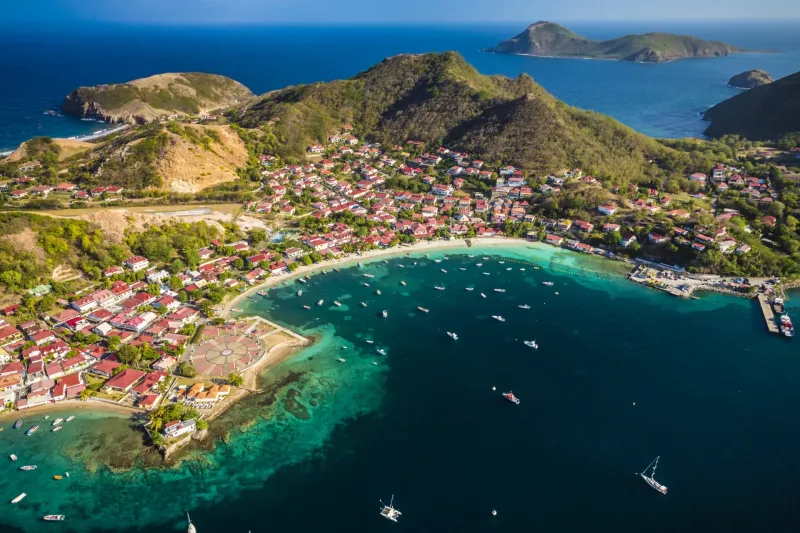“In a way Xi’s reduced financial pledge is not surprising because we’ve already seen signs in the last couple of years,” says Lina Benabdallah of Wake Forest University in North Carolina. “China has entered a phase of greater caution with regard to Africa. After two decades of heavy state funding, it is beginning to pull the brakes.”
The caution, as Carlos Lopes of the University of Cape Town notes, partly derives from the west’s long-held narrative about China’s alleged debt trap and taking advantage of the Africans to exploit natural resources and export their cheap goods.
“[Beijing is] sensitive to criticism and [is] reacting to it by applying tools they know will please and obfuscate firmed negative views resulting from past exposure,” Lopes says. “… [W]e are witnessing a change to a more technocratic approach; obviously more cautious, using soft conditionality and creating new instruments to control flows tighter.”
Moral high ground
The pledged billion doses includes 600m donations and 400m locally produced, and is in addition to 200m doses already delivered to African nations under previous pledges. Xi says China will also send 1,500 health experts to Africa to assist.
Angola’s foreign minister, Tete António, bumps elbows with his Chinese counterpart, Wang Yi, at a China-Africa conference in Dakar, Senegal, last month.
Xi’s words came at a time when China’s vaccine diplomacy is under heavy scrutiny. Yet Carlos Oya, an expert on China-Africa relations at Soas, University of London, says that if extending vaccination in Africa truly contributes to a gradual end of the pandemic worldwide, this could be an important achievement.
“[It’s] potentially giving impetus to a narrative that China has contributed to end this pandemic beyond its borders.”
Chris Alden, director of the thinktank LSE Ideas, says that with this announcement, China would hope to be in a position to occupy the moral high ground by addressing an acute crisis being experienced by a fellow developing region and concurrently demonstrating its capacity to produce and deliver vaccines across Africa.
“This global public good will concurrently open up more market opportunities for Chinese pharmaceuticals in the spirit of the oft-quoted adage of ‘doing good while doing well’,” he says.
Critics, however, argue that Xi’s emphasis on vaccines in Africa is not new. In late February, China pledged to provide vaccines to 19 African countries. To date, 46 African countries have been receiving vaccines from China. Out of the 155m pledged doses to Africa so far, China has delivered 107m, of which only 16m have been donations, according to Bridge Beijing, a vaccine tracker.
‘An urgency that can’t wait’
The Omicron outbreak, which was first detected by South African scientists who then alerted the world, has highlighted the stark gaps in vaccination rates. Around 11% of people on the African continent have had at least one dose, while just 7% are fully vaccinated. By contrast, nearly 32% of the UK population aged 12-plus have already had their third jab.
“There have been lots of great words by various leaders but the actual vaccines delivery has not met the promises made … by Covax, the US, by Australia,” says Prof Joel Negin, head of the University of Sydney’s school of public health.
Covax has secured pledges of about 5.59bn doses from various governments but delivered just 585m. Australia has promised about 60m doses to other countries, Negin says, but delivered about 9m.
“We see now there’s an urgency that can’t wait.”
Health bodies and experts have long warned that leaving developing countries under-vaccinated increased the risk of new variants emerging to threaten the whole world. But unequal distribution of vaccines has seen entire regions such as Africa mostly unvaccinated while rich countries begin rolling out booster shots. One recent analysis suggested two-thirds of people in high-income countries were fully vaccinated, compared with just 2.5% of the population in low-income countries.
There are a couple of reasons for the shortfall, says Negin, including the lack of production capacity outside a few nations.
“We’ve had two years, we should have set up systems and invested in production capacity in south-east Asia, southern Africa, for production of mRNA vaccines,” he says. “It can’t be done overnight but we have to start on setting up those capabilities.”
The delay was in large part due to continued refusals by governments to issue intellectual property waivers on the vaccines, he adds – something backed by US president Joe Biden and which Xi also called for in his speech.
Xi said: “We need to put people and their lives first, be guided by science, support waiving intellectual property rights on Covid-19 vaccines, and truly ensure the accessibility and affordability of vaccines in Africa to bridge the immunisation gap.”
While China has delivered fewer vaccines to Africa than it has elsewhere, it has been committing more than most bilateral donors and the Covax initiative, says Leah Lynch, deputy director of Development Reimagined, an African-led international development consultancy.
She says the key part of Xi’s speech was not the 600m donations but the 400m coming from joint productions. “This … is a demand-led initiative which came from Africa. They want to be able to do that vaccine production themselves.”
Egypt has already made a deal to produce Sinovac, while Senegal will produce Sinopharm, and 14 Chinese pharmaceutical companies were also involved in production or investment in Africa, Lynch says.
“It’s ultimately about self-sufficiency.”
SOURCE : GUardian




